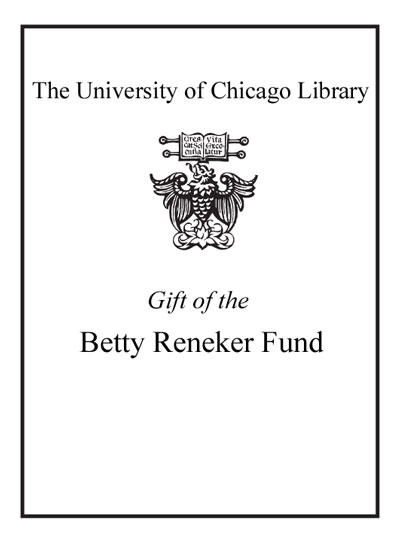Review by Choice Review
A.T. Pierson is a major, though often overlooked figure in late-19th- and early-20th-century American Protestantism. He is especially important as a bridge figure who moved from being a denominational loyalist (Presbyterian) to being a postdenominational, independent Christian leader. Pierson was a friend of Dwight L. Moody, one of the chief architects of the fundamentalist movement, and a major mover in global missions. Robert (Boston Univ. School of Theology) brings a distinct evangelical bias to her work, and perhaps even a bit of hero worship. She presents Pierson as a champion of world evangelism, a steadfast defender of conservative Christianity, and an unflagging supporter of women's rights in the church. Like the other books in the Eerdmans series in religious biography, this volume is intended for a relatively popular readership (e.g., university undergraduates). In that regard, the book adopts the somewhat irritating style (at least for historical scholars) of eliminating all notes from the text and simply mentioning sources used at the end of the volume. Nonetheless, this is a good introduction to the life and work of a person who deserves more attention than he has thus far received. ^BSumming Up: Recommended. General readers and undergraduates. D. Jacobsen Messiah College
Copyright American Library Association, used with permission.
Review by Library Journal Review
In this well-written biography, Robert (Boston Univ. Sch. of Theology) portrays the huge impact of A.T. Pierson (1837- 1911) on his own Presbyterian Church and beyond. As Robert shows, Pierson was a catalyst throughout his life. As a pastor, he had a passion for serving the needs of the urban poor and initiated work among collegians, becoming a prime mover in the early years of the YMCA and Student Christian Movement. He also pioneered the American missionary movement that blossomed in the late 1800s. As a respected biblical expositor, he was continually in demand for major addresses before large gatherings on both sides of the Atlantic. He became a leading apologist, serving as an editor of the Scofield Reference Bible; he also wrote more than 50 books and edited the Missionary Review. In his later years, he adopted the lifestyle of the Keswick Conference, known for its emphasis on personal holiness and self-denying service. While many readers are familiar with Pierson's close friends and colleagues Hudson Taylor, Charles Spurgeon, George Mueller, and Andrew Murray, Pierson himself remains relatively unknown despite his broad impact. No other recent biographies of Pierson are available, and Robert has done important work in providing this one. Recommended for larger libraries.-George Westerlund, formerly with Providence P.L. (c) Copyright 2010. Library Journals LLC, a wholly owned subsidiary of Media Source, Inc. No redistribution permitted.
(c) Copyright Library Journals LLC, a wholly owned subsidiary of Media Source, Inc. No redistribution permitted.
Review by Choice Review
Review by Library Journal Review

